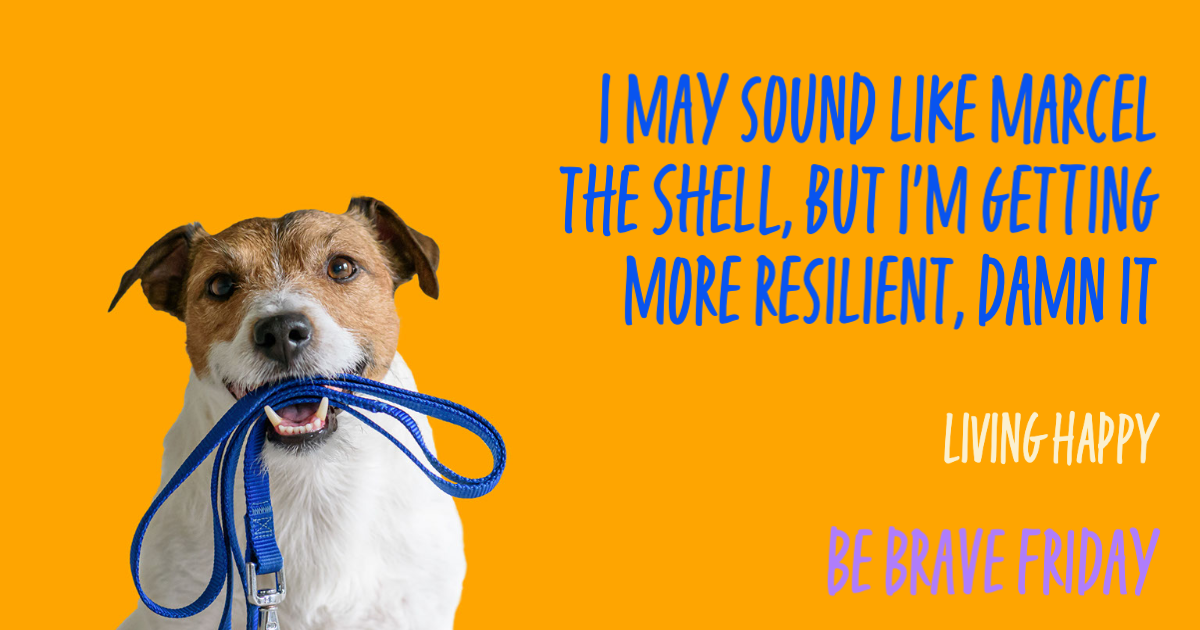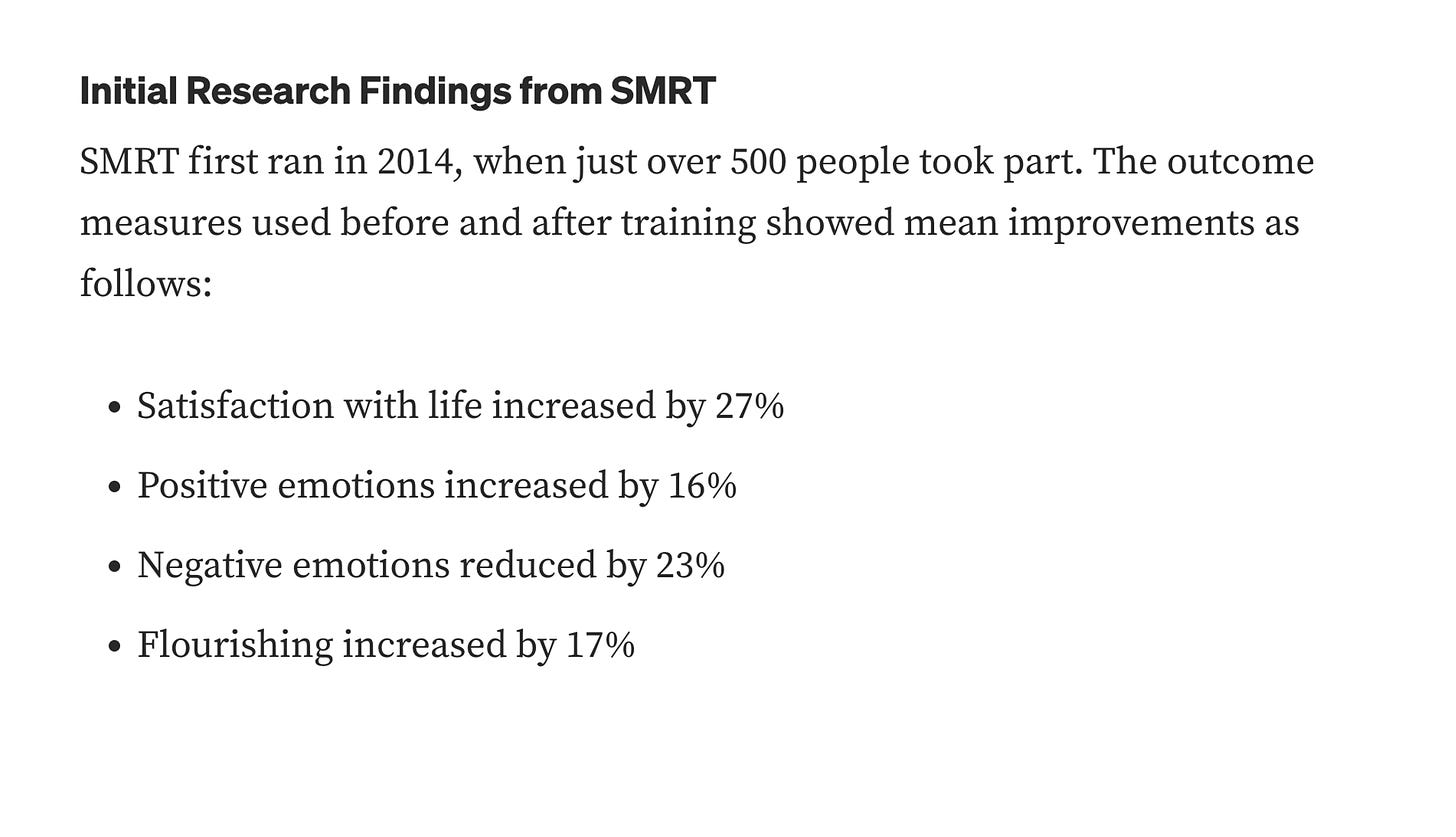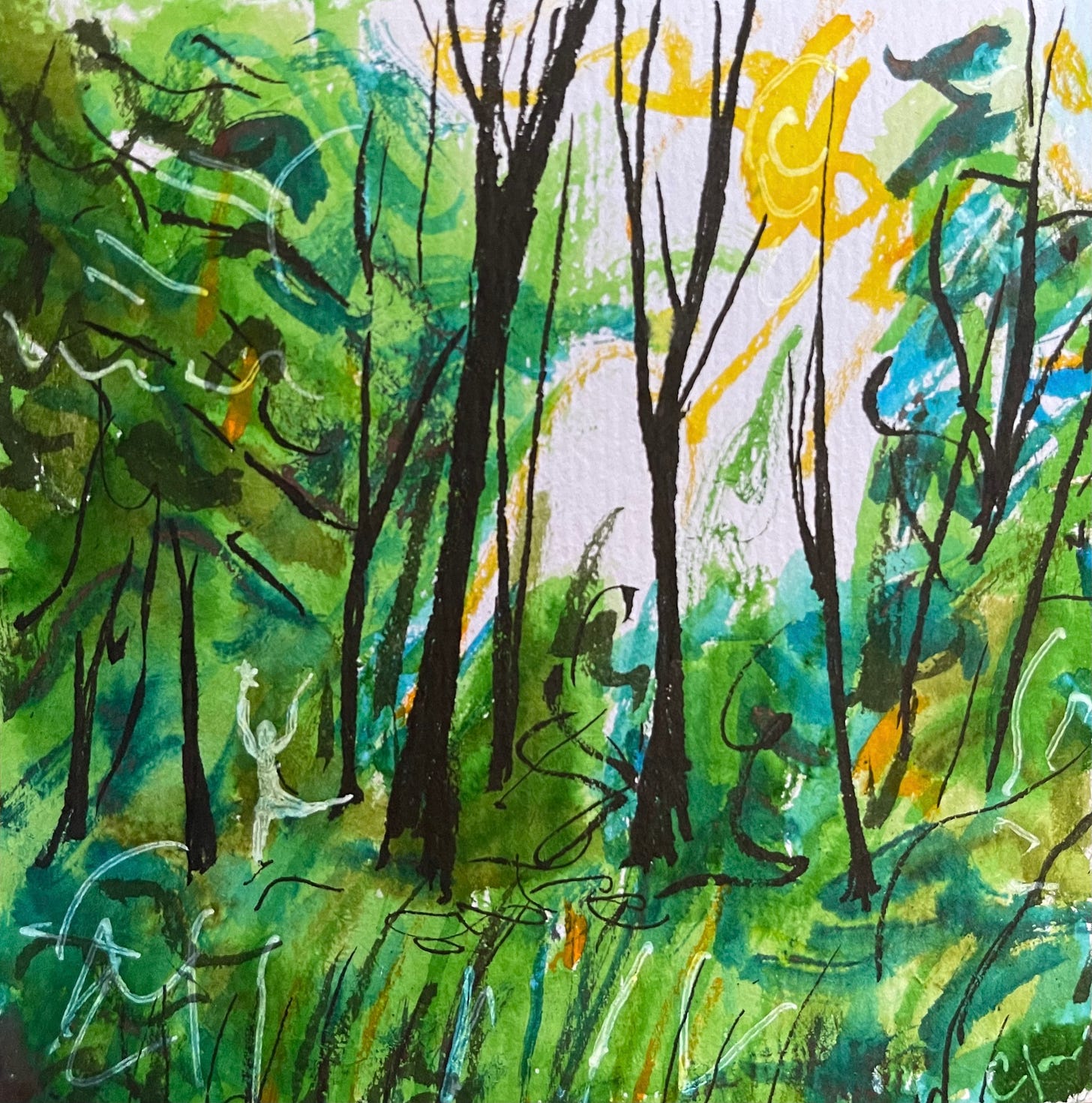I May Sound Like Marcel the Shell, But I'm Getting More Resilient, Damn It
Living Happy and Be Brave Friday
Because of my big Sunday breakdown at the beginning of the month, I’ve been looking into resilience a lot, and it brought me down a bit of a wormhole about stoicism.
Backstory: Basically, one negative comment on that day about my news blog (and me) knocked me down pretty hard. Usually I’m pretty resilient, but apparently life or circumstances or something is making me not bounce back quite as well this month as I usually do. I also had a bit of a setback because someone said my voice sounded like Marcel the Shell. They didn’t mean it in an evil way, but I had a middle school teacher who told me that I’d never succeed in life because no one would take me seriously because my voice was “so ridiculous.”
Those two things tweaked me (one a lot more than the other), thus the wormhole of resilience and stoicism and the connections between them that has been happening.
It appears I am not alone or groundbreaking in that connection. At all. Which is cool because it’s less work for me.
According to the modern stoicism society, stoicism is,
“Stoicism is a philosophy that originated in ancient Greece and was later popular in Rome. It was first developed by Zeno of Citium, c. 300 BC, who taught at a colonnade (Stoa) in the centre of Athens. In Rome, Stoic ideas were taken up by the statesman and writer Seneca, an ex-slave turned teacher, Epictetus, and the Roman Emperor Marcus Aurelius.
“Originally a complex system of ideas encompassing formal logic, grammar, physics, meteorology, and more, the three Roman Stoics Seneca, Epictetus, and Marcus Aurelius wrote mainly about how to live as a Stoic, embracing Stoic ethical ideas as a guide to a good life.”
Some of those major ideas and principles according to the website are:
Living with nature is good and to try to live in harmony with it.
External factors (objects, circumstances) are not necessarily good. What is good is when your own character and mind are virtuous.
Selfishness isn’t cool.
Things that are external (including good times and bad) change so you want to keep your mind chill and calm and rational even through that chaos. There are a lot more and I’m only summarizing here.
Psychologist Donald J. Robertson writes,
“Emotional or psychological resilience basically refers to our ability to endure stressful events, without being overwhelmed by them. Through cognitive and behaviour skills training we can improve resilience and prepare ourselves to cope better with future adversity.
“In a sense, Stoicism has long been virtually synonymous with resilience. Indeed, one modern expert, Michael Neenan, refers to the Stoic teacher Epictetus as the patron saint of the resilient.”
What he talks about is how stoicism aligns with cognitive-behavioral therapy (CBT), which thinks that a lot of how we have emotions is created by how we believe certain things. Robertson quotes Epictetus who says,
“It’s not events that upset us but rather our opinions about them.”
Whoa, right? And you see this. You see one person who finds a rainy day beautiful and another who thinks it’s the end of the world. You see one culture that finds death to be glorious and another who definitely does not. You see one person who thinks a lady bug is good luck and another who thinks it’s an omen of destruction.
This happened in our family last year when someone tried to kill themselves and failed beautifully. They didn’t even get sick from the pills they took. We took this moment as a devastating moment that they felt so badly in that instant that they tried it, but we also took it as a blessing because they failed and now they could get the help they needed from the state agencies that weren’t helping them before.
It is a weird way to think in our culture, but we know how lucky we were and how lucky they were, and how much better they are doing now because they finally got the diagnosis and help that they needed.
PREVENTION VS REACTION
CBT is a therapy that deals with a diagnosis and stoicism isn’t. People usually undergo CBT because they are suffering like our family member was.
But as Robertson says,
“However, the Holy Grail of mental health is prevention — prevention, as everyone knows, is better than cure. Psychologists try to reduce their risk of individuals experiencing future mental health problems through emotional resilience training. However, so far that’s had mixed results because although resilience training is beneficial, it tends to wear off over time, and people need refresher courses every few years.
“People who get into Stoicism, though, tend to stick with it for the long term because rather than a set of techniques it actually provides them with a whole philosophy of life. We like to phrase this by saying that “Stoicism is sticky”, in fact it’s often permanent. We need to carry out psychological research to actually test that hypothesis, though.”
And that’s really interesting to me because of his underlying belief that a philosophy can be so helpful in a long-term way. Stoicism isn’t one and done. It’s a way of living that involves the mind and actions and a way of seeing.
Robertson actually created something called the Stoic Mindfulness and Resilience Training Course, which is a four-week long event on the internet as a pilot study. It’s fascinating. He created a Stoic Attitudes and Behaviours Scale to see how much people illustrated behaviors considered to be stoic and mood.
I’ve screenshot his findings below. The link is at the end of the article.
But it’s how that held pretty solid after three months that matters. There was a continued “20% reduction in negative emotions.”
That’s a lot of continued benefit.
I think almost all of us could use that.
BE BRAVE FRIDAY
This one, I hope, is shorter than last week’s. And so many thanks to all of you on Facebook, who wrote comments. I wasn’t feeling brave enough because it was about my cousin Lisa and grief and sometimes it’s hard for me when people are nice about that. To be fair, it’s harder for me when people aren’t though.
This week a lot of people suffered a lot of grief on our island as loved ones died or were harmed or witnessed great injury. And I think that made it a bit harder for me to accept all of your kindness, which is silly, I know. Thank you for being kind.
Anyway, I’ve been looking at resilience and, as we now know, that led me down the path to stoicism, which brings me to this quote that I thought I’d share with you.
Epictetus said, “Don’t explain your philosophy. Embody it.”
So, I’m going to be brave and thank people for their kindness; I’m going to take every opportunity I can to be kind too, I’m going to show you this little baby sketch I made; and I’m going to try to be okay with the fact that someone this week said that my voice was like Marcel the Shell, but in a good way.
Braver. Kinder. Embodying who you want to be and your values. It doesn’t sound that hard, but sometimes it is.
LINKS TO LEARN MORE
https://learn.modernstoicism.com/p/smrt
https://modernstoicism.com/about-stoicism-today/
https://modernstoicism.com/stoic-attitudes-scale/
https://modernstoicism.com/stoic-week/






